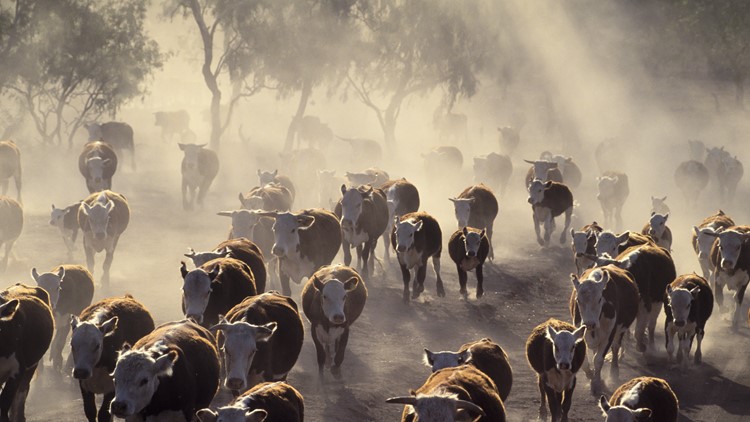IRS Extends Time to Replace Drought-Sale Livestock

IRS Will Extend the Deferral Period as Needed
The Internal Revenue Service announced last Friday that they would be extending the amount of time that ranchers and farmers have to replace livestock that they had to sell as a result of drought by one year. It’s worth noting that the extended replacement period only applies to draft, dairy, and breeding livestock. Poultry and livestock used for slaughter or sport are not eligible for this tax-deferred replacement period.
Tax deferral lets a taxpayer pay tax owed at a future date, rather than when it is actually incurred. The tax-deferred replacement period for forced-sale of livestock is four years, and these involuntary conversions are normally considered non-recognized (untaxed) unless gains exceed the cost of the replacement property, in which case the excess is recognized (taxed).
Without the replacement period, farmers and ranchers would otherwise be taxed on the forced sale and then face a lean year due to a reduced population of draft, dairy, and breeding livestock. The replacement period helps ranchers defer their forced-sale tax bill, which may be completely offset by the purchase of replacement livestock at the end of, now, five years. By extending the deferral period, the IRS is reducing the tax burden for a number of potentially lean years.
The replacement period applies to farms in affected areas that are "listed as suffering exceptional, extreme, or severe drought conditions...during any weekly period between Sept. 1, 2015 and Aug. 31, 2016.” Areas in 37 states and Puerto Rico are included, and in some cases this may extend some 2012 drought replacement periods.
Notice 2016-60 and Publication 225 provide more information about the relief program – like which counties are eligible and how to report drought sales, respectively.
Source: Internal Revenue Service



